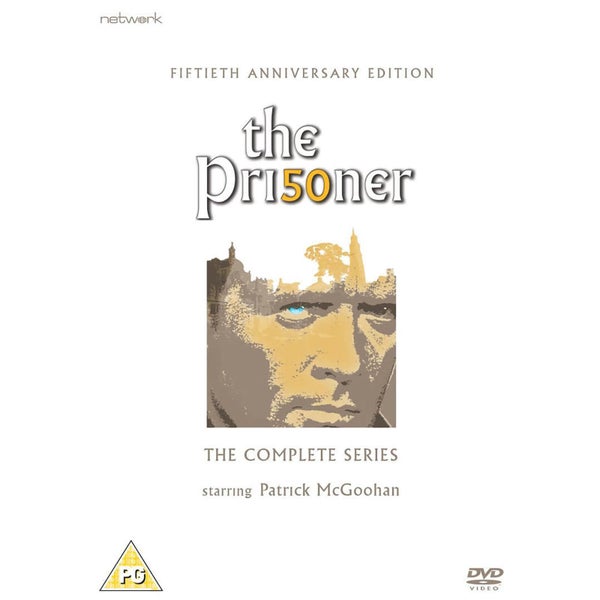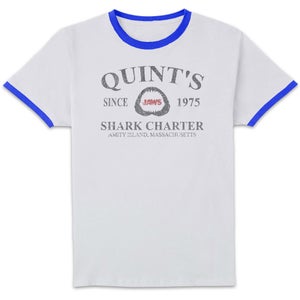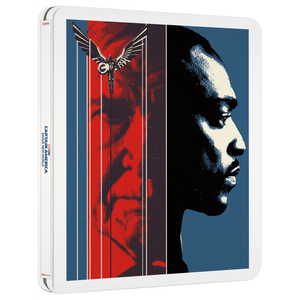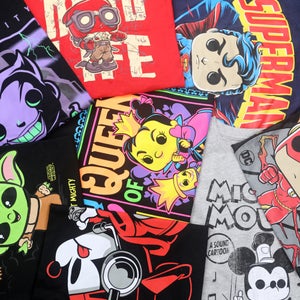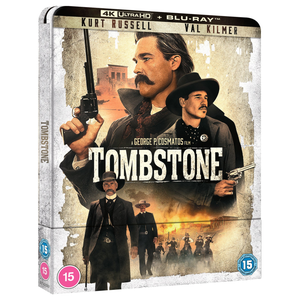Zum Warenkorb hinzugefügt
The Prisoner
35,49 €
Part action series, part psychedelic fantasy, part allegory, Patrick McGoohan's masterpiece, The Prisoner, was initially touted as a sequel to his earlier spy series, Danger Man. But when it was first broadcast in 1967 TV audiences were puzzled; when the show was cancelled 17 episodes later due to declining viewing figures, no one was any the wiser. Shot in the picturesque surroundings of Portmeirion in North Wales, whose architectural fantasies provided an ideal backdrop for the show's surrealism, The Prisoner has subsequently been recognised as one of the most innovative and thought-provoking series ever to be broadcast. Despite the primary-coloured flower-power look, the show's bold ideas haven't dated at all, proving that The Prisoner was simply years ahead of its time.
McGoohan is Number 6, a man whose resignation from the secret service (seen every week in a montage title sequence--itself an impressionistic TV landmark) triggers his abduction and imprisonment in "The Village", a sort of open prison for spies where everyone has a number not a name. It's a pretty comfortable place and the other inhabitants all seem passively to accept the situation, allowing the Village authorities to control and limit their actions without protest (escape attempts are thwarted by mysterious bubble-shaped guards called "Rovers"). Number 6, however, is an indomitable freedom fighter whose refusal to accept the status quo is a metaphor for the individual ego struggling against the forces of social conformity: "I am not a number I am a free man" is the series' most resonant catchphrase.
The Village's allegorical microcosm of society is presided over by Number 2, played by a different actor every week, with whom Number 6 clashes repeatedly in a battle of wills as he continually questions the authority that has imprisoned him ("Who is Number 1?"). In turn the Kafkaesque authorities try to discover the reason why he resigned. His trenchant refusal to provide any reason at all is itself a powerful assertion of individual freedom. The series culminates in perhaps the most bizarre and psychedelic TV episode ever made, "Fallout", in which Number 6's revelatory discovery of the real power that keeps him imprisoned raises more questions than it answers. --Mark Walker --This text refers to an out of print or unavailable edition of this title.
- Network
- 850 mins approx.
- Patrick McGoohan
- David Tomblin
Russian
- PG
- Patrick McGoogan
- Leo McKern
- Alexis Kanner
- Peter Swanwick
- Angelo Muscat
English. Russian, German, Romany, Spanish, French, Polish
- English
- 6
- 2
The Prisoner
35,49 €
Ausverkauft
Lieferung & Rücksendungen
Part action series, part psychedelic fantasy, part allegory, Patrick McGoohan's masterpiece, The Prisoner, was initially touted as a sequel to his earlier spy series, Danger Man. But when it was first broadcast in 1967 TV audiences were puzzled; when the show was cancelled 17 episodes later due to declining viewing figures, no one was any the wiser. Shot in the picturesque surroundings of Portmeirion in North Wales, whose architectural fantasies provided an ideal backdrop for the show's surrealism, The Prisoner has subsequently been recognised as one of the most innovative and thought-provoking series ever to be broadcast. Despite the primary-coloured flower-power look, the show's bold ideas haven't dated at all, proving that The Prisoner was simply years ahead of its time.
McGoohan is Number 6, a man whose resignation from the secret service (seen every week in a montage title sequence--itself an impressionistic TV landmark) triggers his abduction and imprisonment in "The Village", a sort of open prison for spies where everyone has a number not a name. It's a pretty comfortable place and the other inhabitants all seem passively to accept the situation, allowing the Village authorities to control and limit their actions without protest (escape attempts are thwarted by mysterious bubble-shaped guards called "Rovers"). Number 6, however, is an indomitable freedom fighter whose refusal to accept the status quo is a metaphor for the individual ego struggling against the forces of social conformity: "I am not a number I am a free man" is the series' most resonant catchphrase.
The Village's allegorical microcosm of society is presided over by Number 2, played by a different actor every week, with whom Number 6 clashes repeatedly in a battle of wills as he continually questions the authority that has imprisoned him ("Who is Number 1?"). In turn the Kafkaesque authorities try to discover the reason why he resigned. His trenchant refusal to provide any reason at all is itself a powerful assertion of individual freedom. The series culminates in perhaps the most bizarre and psychedelic TV episode ever made, "Fallout", in which Number 6's revelatory discovery of the real power that keeps him imprisoned raises more questions than it answers. --Mark Walker --This text refers to an out of print or unavailable edition of this title.
- Network
- 850 mins approx.
- Patrick McGoohan
- David Tomblin
Russian
- PG
- Patrick McGoogan
- Leo McKern
- Alexis Kanner
- Peter Swanwick
- Angelo Muscat
English. Russian, German, Romany, Spanish, French, Polish
- English
- 6
- 2
Erfahrungen und Kundenbewertungen
Zurzeit gibt es noch keine Bewertungen.
Andere Kunden kauften:
-
Jaws Quint's Shark Charter Unisex Ringer T-Shirt - White/Navy
2 FÜR 25€
Marvel, Star Wars, Jurrassic Park, Stranger Things, Pokemon, Disney und viele weitere Franchises. Sicher dir jetzt 2 Geek T-Shirts für nur 25€. Einfach zwei T-Shirts deiner Wahl in den Warenkorb legen und das Angebot wird automatisch angewendet.Zum AngebotUVP: 17,99 €7,99 € -
-
